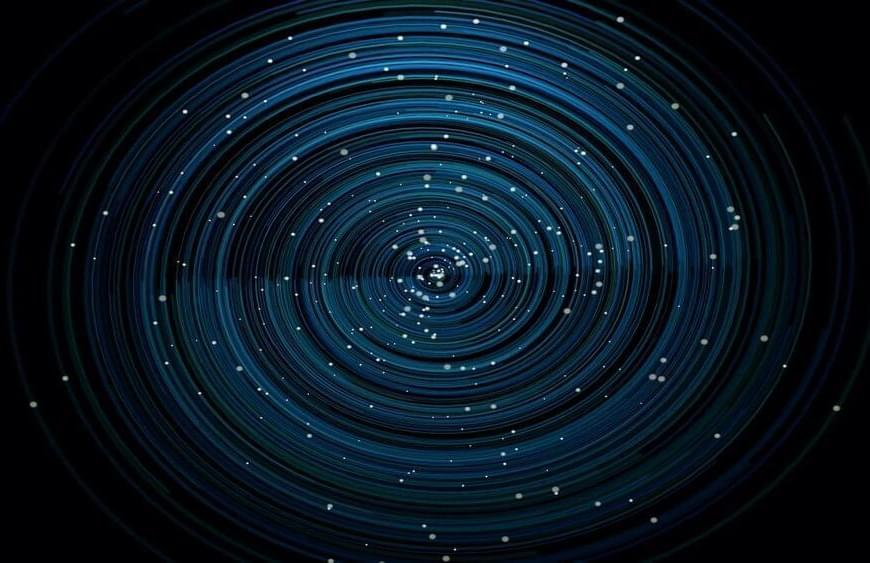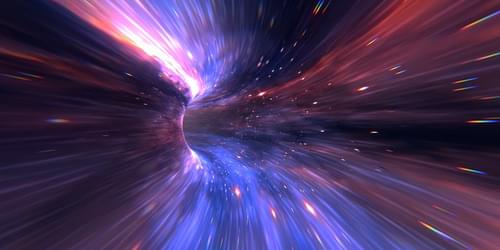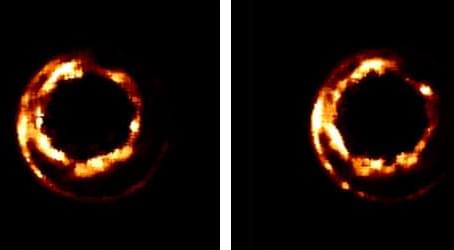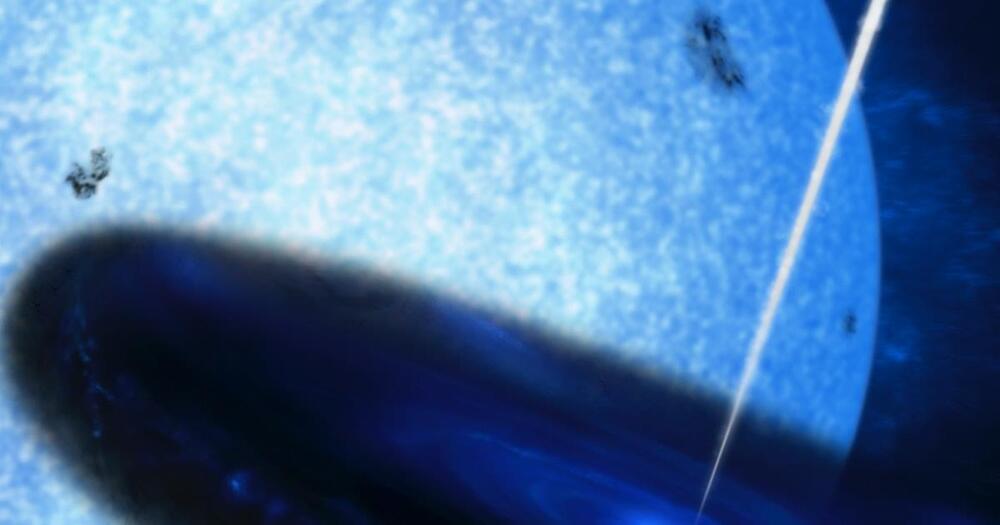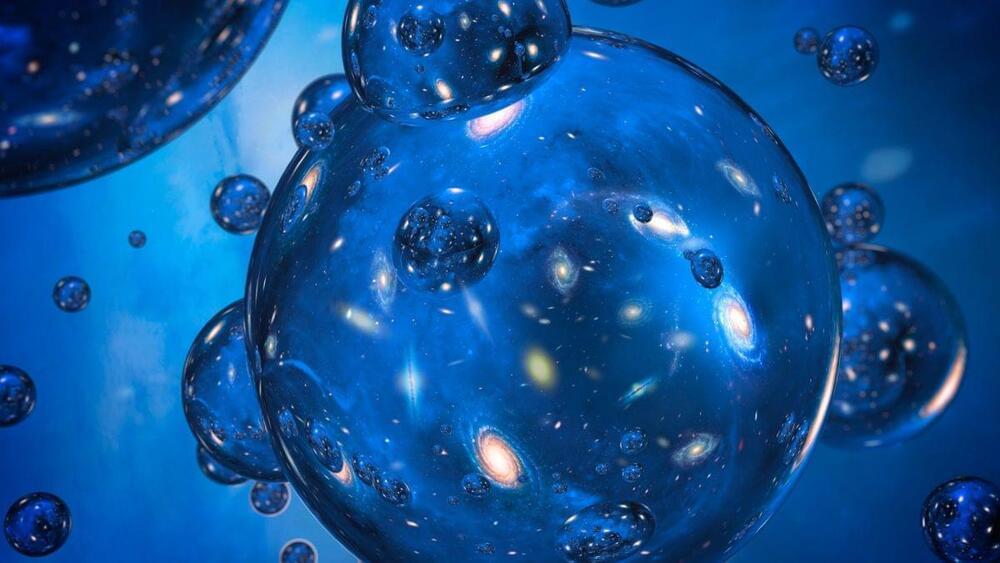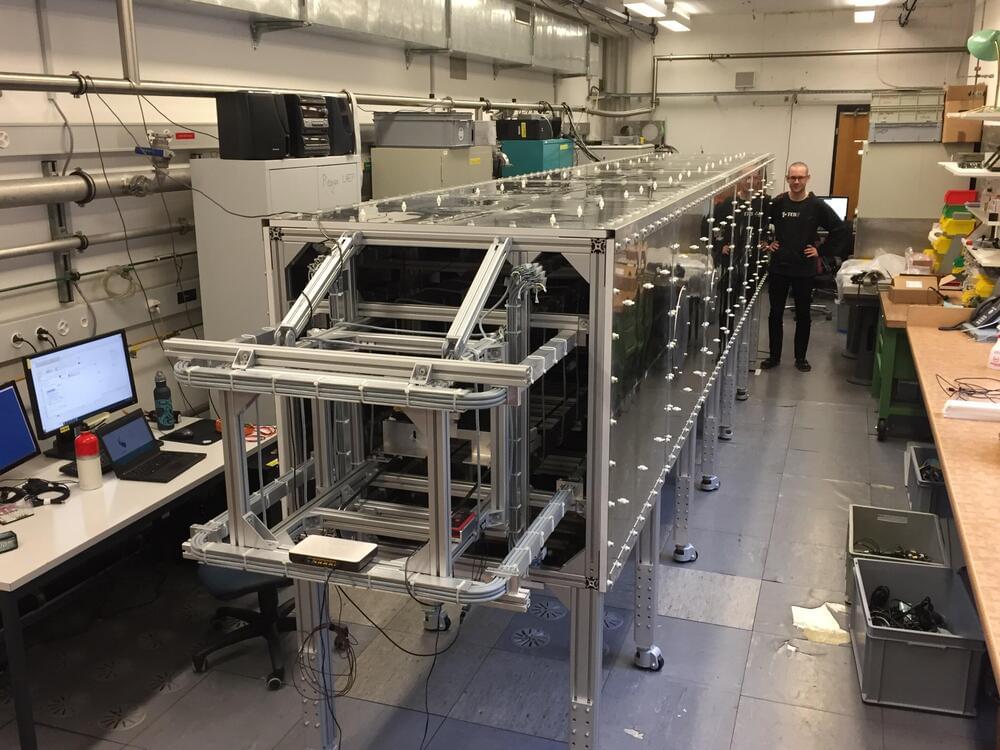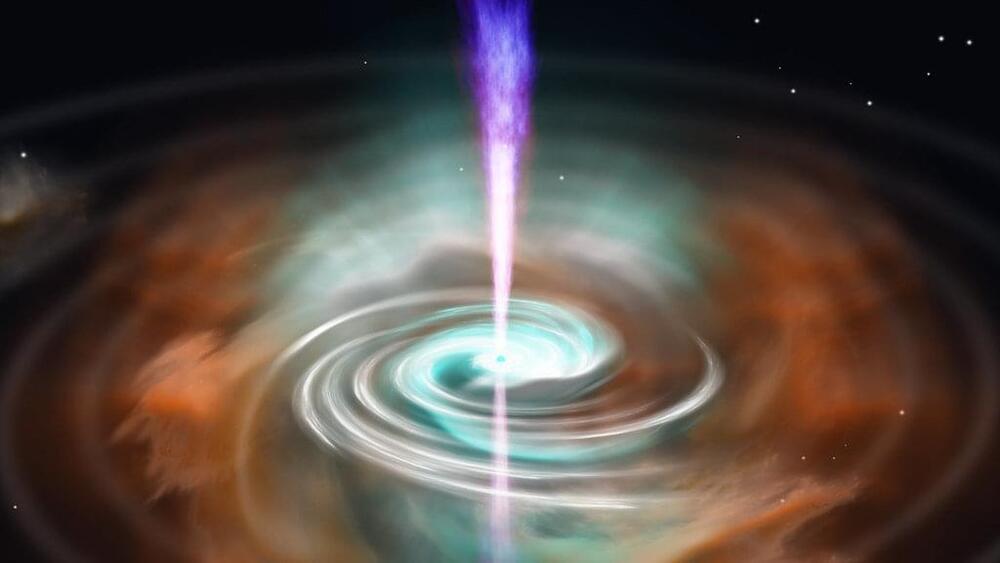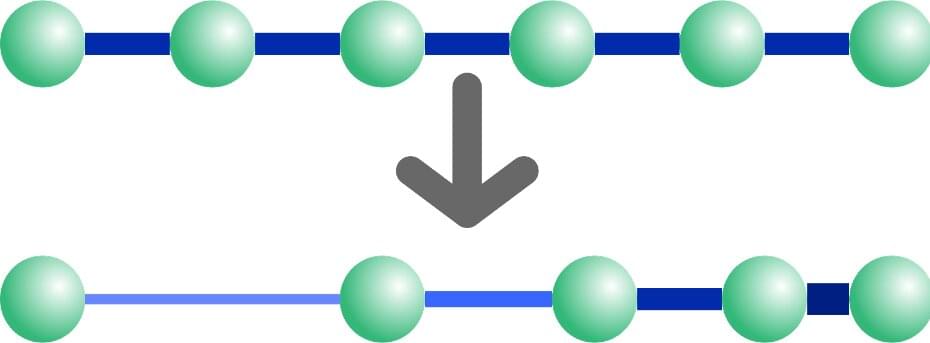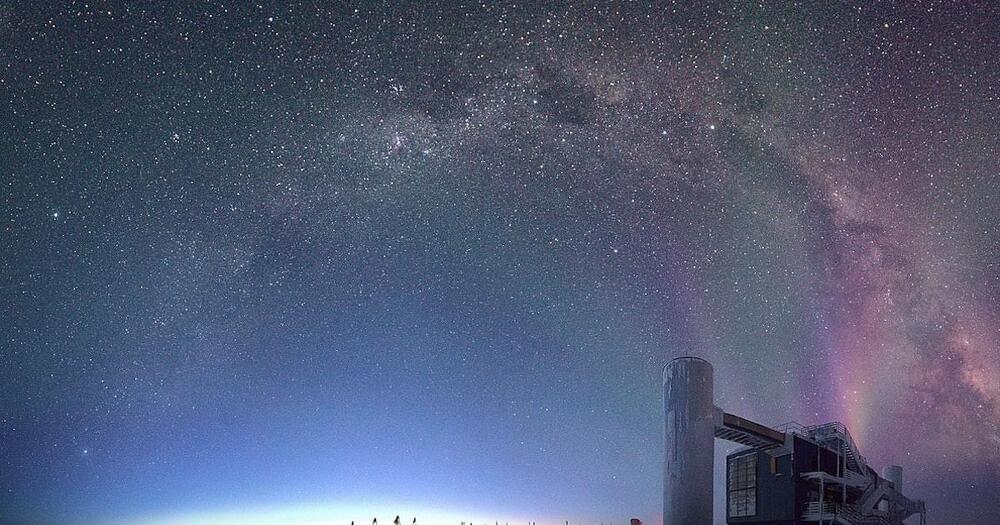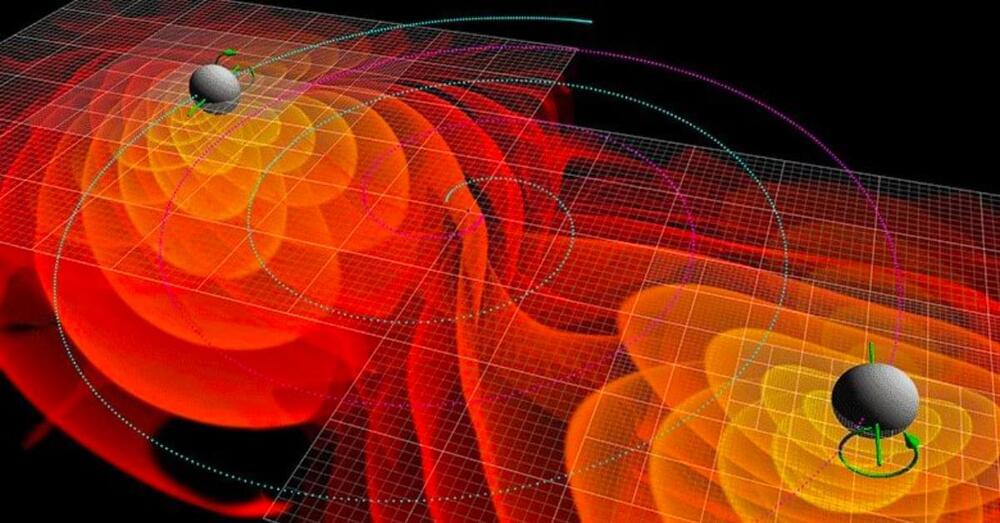
One of Stephen Hawking’s most famous theories has been confirmed to be correct, thanks to space-time ripples caused by the merger of the two distant black holes.
The black hole area theorem, which Hawking derived from Einstein’s theory of general relativity in 1971, states that the surface area of a black hole cannot decrease over time. This rule is of importance to physicists because it appears to set time to run in a certain direction: the second law of thermodynamics, which states that the entropy, or disorder, of a closed system must always rise. Because the entropy of a black hole is proportional to its surface area, both must always increase.
The researchers’ confirmation of the area law, according to the new study, appears to suggest that the properties of black holes are crucial hints to the hidden laws that control the universe. Surprisingly, the area law appears to contradict another of the famous physicist’s proven theorems: that black holes should evaporate over incredibly long time scales, suggesting that determining the source of the conflict between the two theories might reveal new physics.
